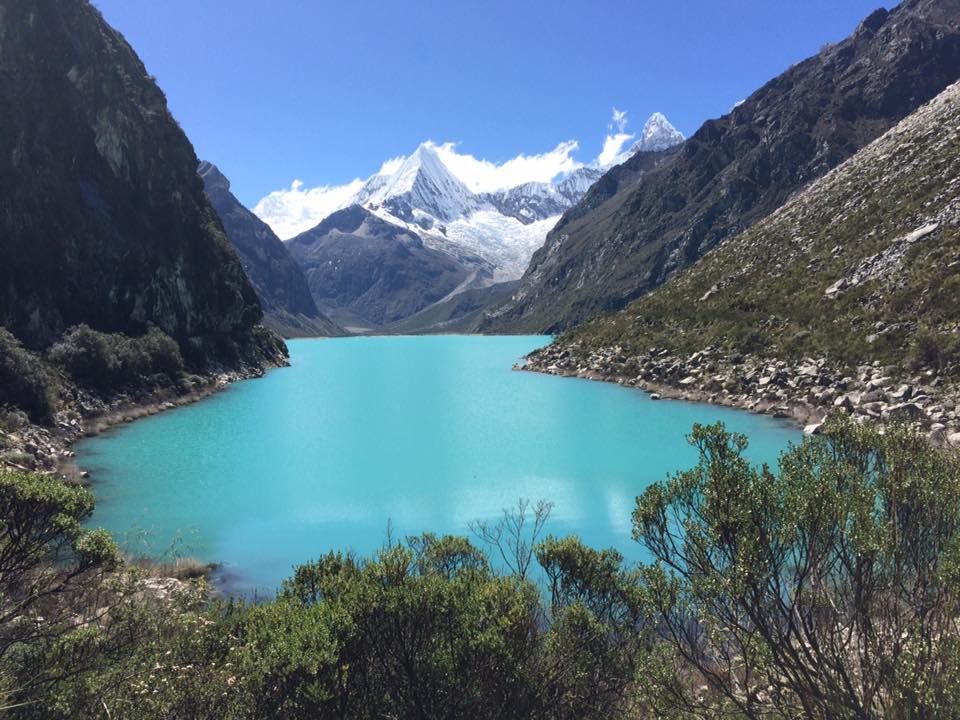The Water Institute and Wilfrid Laurier University hosted World Water Day at the University of Waterloo March 22. The event featured an opening song by UW’s Indigenous Student Society, keynote speakers Tyler and Alex Mifflin, a research and poster session, and a panel discussion touching on the many challenges and opportunities of green infrastructure.
The Water Song, interpreted by UW’s Indigenous Student, Society, represents the cultural importance of water to Native communities in Canada. For Indigenous peoples, water is a spiritual entity that emits life-giving forces. With this comes the duty and responsibility of its protection and respect. The role of this song is to remind everyone that water scarcity and pollution are not solely ecological and health issues, but are small parts of the broader holistic perspective recognizing that everyone and everything on Earth are deeply connected.
The Water Song fit with the theme of this year’s World Water Day, The Answer is in Nature, which is about utilizing natural solutions to help solve the world’s water crises. The keynote speakers, Tyler and Alex Mifflin, are the stars of their own TV show The Water Brothers, which looks at various water issues.
With 20 per cent of the world’s surface freshwater, Canada is among the most water-abundant countries in the world. However, Canada is also one of the world’s biggest water consumers and polluters. Mifflin described this as “the myth of abundance” which is the idea thatbeause Canadians have so much water, worries about quantity or quality are unfounded. In actuality, Miflin said, the opposite is true.
Canadians may seem far removed from the current water crisis in Cape Town; however, the reality is that it could happen anywhere. Human activities have disrupted the stability of the Earth’s water cycle, creating a “preferred” water economy, wherein water use and consumption have little to do with natural cycles. Instead it is actually centered around human modification of local ecosystems to meet demand of their desired activities. Water management in Cape Town was based on the more stable climatic conditions of the past. Human-induced climate change has fundamentally altered the water cycle to the point where Cape Town’s water management systems did not work anymore.
To ensure availability and sustainable water management for everyone, we have to think bigger than just taking a shorter shower. For instance, looking at food choices, eating 10 hamburgers consumes the same amount of water as taking 365 showers. We must take these individual actions, but we also must put pressure on governments to put adaptive and sustainable water conservation policies in place. When people raise their voices, that’s when changes are made. This is why the Mifflins are so passionate about using use their TV show and media presence to engage and educate people who care and have potential to work toward making the changes that are needed in the world.
































